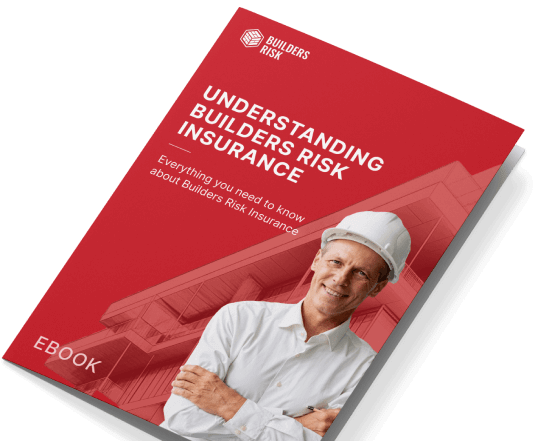Planning a construction project in Idaho? Builders risk insurance is crucial. It protects against financial losses from natural disasters, theft, and vandalism. In this guide, you’ll learn what builders risk insurance in Idaho is, why it’s essential, and the specific coverages you need to safeguard your project.
Builders risk insurance in Idaho is tailored to address the unique challenges posed by the state’s diverse climate and geographical conditions. From natural disasters to theft and vandalism, the policy covers a wide range of risks, ensuring comprehensive protection for your construction projects.
We will explore the specific coverages that render builders risk insurance a must-have for Idaho builders.
Idaho faces various natural disasters, with wildfires, hailstorms, and floods posing significant concerns. Builders risk insurance is essential to safeguard construction projects against these hazards.


Spring Thaw: Flooding is prevalent during the spring thaw when rivers and lakes overflow. With over 238,000 properties at risk, flood coverage in builders risk insurance is vital. This coverage protects against water damage, ensuring construction projects are not derailed by flooding incidents.

Snowfall: Northern and mountainous regions of Idaho receive an average of 47 inches of snowfall annually. Heavy snow can impact construction timelines and safety. Builders risk insurance covers damages caused by heavy snowfall, ensuring that projects remain on track despite harsh weather conditions.
Builders risk insurance policies offer several additional protections that enhance the safety and compliance of your construction project. These coverages are essential for managing risks and ensuring smooth project progression.

Covers repair or replacement costs for damaged equipment, minimizing downtime and financial impact.

Provides coverage for damages and cleanup related to sewer backups.

Covers charges levied by fire departments for emergency services during an insured event.

Handles costs associated with cleaning up pollutants, essential for projects near industrial sites or areas with environmental concerns.

Covers the cost of re-erecting scaffolding if it is damaged or collapses, ensuring safety and continuity in construction.
Remember, builders risk insurance has limitations. It doesn’t cover earthquake damage, which is a concern in earthquake-prone Idaho. Worker injuries and pre-existing conditions are also excluded. Separate insurance policies are needed to cover these specific risks.
Exclusions in insurance policies often include:





Understanding these exclusions helps you better assess your insurance needs and secure additional coverage if necessary.
The responsibility for purchasing builders risk insurance can fall on either the property owner or the general contractor, depending on the construction contract. Here’s a closer look at who should consider buying this insurance and why:


Compliance with Idaho building regulations is essential for both legal and safety reasons. The Idaho Building Code establishes uniform standards and enforcement procedures to ensure the health and safety of building occupants.

Adhering to fire safety standards is crucial to protect lives and property.

Ensuring buildings are accessible to individuals with disabilities is mandatory.

Meeting these standards prevents devaluation of properties and supports the overall market.

Safeguards the interests of property owners and occupants.

Compliance can increase the market value of the property.

Following the International Energy Conservation Code (IECC) improves energy efficiency, reduces long-term costs, and promotes sustainable construction practices.


"*" indicates required fields
Builders risk insurance, also known as home builder’s insurance or contractor’s all-risk insurance, covers buildings during construction, renovations, and remodeling projects. It is a form of property insurance.
Common exclusions in builders risk insurance often include earthquake damage, worker injuries, pre-existing conditions, mold, pollution, defects in materials or workmanship, water intrusion losses, and normal building settling.
Coverage usually starts when construction begins and ends when the project is completed, occupied, or the policy term expires. It does not cover the property after completion.
Builders risk insurance should be purchased by the property owner, as it is generally recommended that the policy be written for them. This ensures proper coverage for the building under construction.
Builders risk insurance should be purchased before construction begins or just after the slab is poured, and before the first bank draw if a loan is involved in the project. It’s important to ensure coverage from the early stages of the construction process.
Get started by filling out our quick online form for a Builders Risk Insurance Idaho quote, or call us directly to speak with an expert. Our team is here to help you find the best Idaho construction insurance quote tailored to your project’s unique needs.